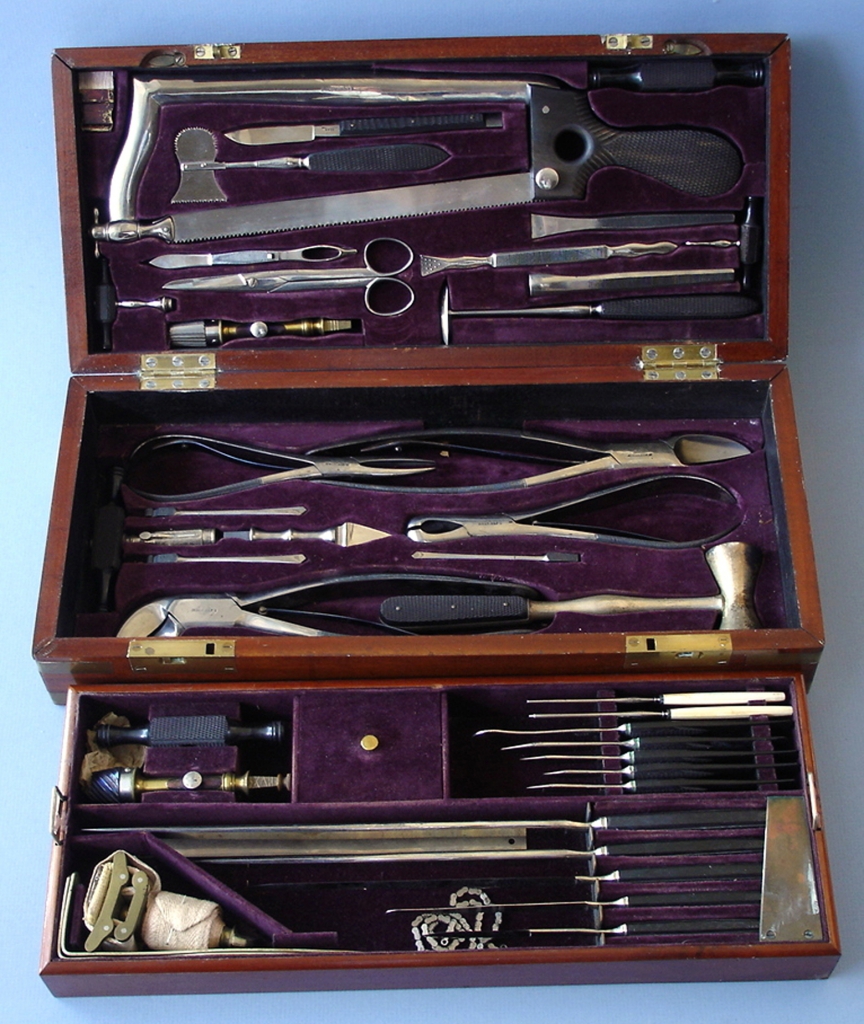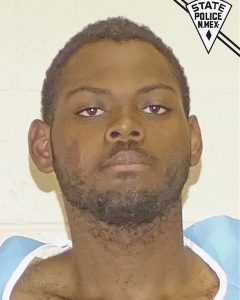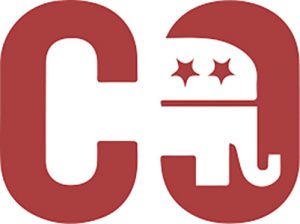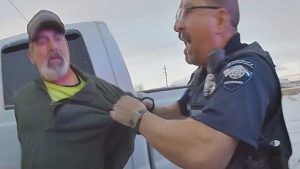Part 3 of Benton Canon’s harrowing tale of surviving against all odds
by Carolyn Newman
HUERFANO — This is the third part of 20-year-old Benton Canon’s account seeking help after accidentally shooting himself in the chest. He well knew that in 1866 even if he got medical help, it would be rather basic. At this point he is on his horse heading back to camp.
“I remember distinctly a big black stump ahead of me which, in my semi-conscious condition, I mistook for a bear. I felt not in the least alarmed – I was too far gone to fear anything.
“By this time twilight approached and the shadows of the mountains grew longer. From a little knoll, in the center of a grassy, open park, I could see our camp about half a mile away. My friend Kate (Decatur Patterson) stood near the cabin. Spying me, he shouted, but I was too weak to answer. He came running forward and when he saw what had happened, he appeared to be the most frightened man I ever saw. He led my horse quickly to camp, got me out the saddle and into the cabin where he sat me down against the wall, propping me up with blankets. I begged him for water which he gave in small doses.
“Then he rushed off! In his haste to seek assistance I was left propped up like a baby against the wall. I tried to arrange myself more comfortably, but was too weak and sore to move.
“Thus I sat all night long; the wind whistling through the cracks of the cabin, the coyotes yelping, and the pine trees moaning. I count this the saddest night I ever spent and never will I forget those long, weary hours of suffering. It seemed to me the night would never end.
“The door of the cabin opened to the east, and I thanked God when at last a new day dawned. About the time the sun rose over the eastern horizon, I heard the sound of wagon wheels down the gulch, and a few minutes later two of my neighbor friends – David Roberts and Benjamin Doss – drove up to the cabin in a spring wagon. They laid me on a comfortable bed in the rig and started back on the twelve mile drive to our home ranch on the Huerfano River. From the loss of blood and lack of sleep, I was almost dead. I never expected to see the light of another day.
“In the meantime Kate sent a runner for a doctor to Fort Stephens, the new military post which had just been established near the foot of the Spanish Peaks, some twenty-five miles away from the ranch. The post surgeon got to me in the evening of the same day. But my ill-luck was not at an end. The surgeon was drunk when he came and all he did was to put a bandage around me and apply some salve to the wound. When he left he said that I was all right and would be around again in a few days. We felt relieved, having some confidence in the man.

The news of my accident had spread around the little pioneer settlement and friends came to see me. Among them was John W. Brown, an elderly gentleman, who had spent his life on the frontier and was experienced in situations of this kind. He saw at once my critical condition and advised that a man be sent at once under whip and spur to Pueblo, fifty miles away, to get the best doctor in the town.
“My friend, John de la Vera (better known as John Delaware), volunteered to make the trip, and Buckskin was saddled and on the road to Pueblo in a few minutes. In about twenty-four hours Dr. Wagoner, an Army surgeon, was at my bedside. After examining me he found that inflammation had set in and that I was in a dangerous condition. The first thing he did was to run a tube in to my chest and turn me over on the side. He drew from my lungs a washbasin full of blood and matter, and told me that he thought the bullet deflected from one of my ribs, otherwise the ball would have pierced my heart. In confidence, he made it known to my friends that I had about one chance in a thousand to recover.
“I probed the wound every day, each time drawing out a little less bloody matter, until it ceased altogether. The doctor made two trips to see me at $300 per journey, but I never begrudged him the money for without his services I could not have lived. I began to make plans for the future, but there was in store for me trouble of which I had not dreamed.”
Another episode of this true story next week – Indian trouble, and Benton was still in critical condition.
The History Detective is a service of the Huerfano County Historical Society. This manuscript is in the Sporleder collection in the Heritage Center and Archives, 114 W. Sixth, Walsenburg, CO. 719-738-2346 and open Wednesday 2 to 5 pm. Thursdays 11 am to 3 pm, and Fridays 2 to 5 pm. huerfanoheritagecenter@outlook.com. carlynewmn@aol.com.




